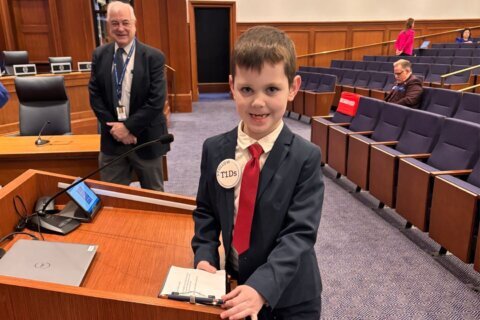The app students at the Virginia Military Institute reportedly used to spread racist and sexist comments allows users to be anonymous, providing an unfiltered peek into the alleged racist culture rampant in the state-funded military school.
A day after school superintendent Gen. J.H. Binford Peay III announced that he was resigning and a week after state officials ordered an investigation into what they characterized as a culture of “ongoing structural racism” at the college, some students expressed their views in an app that The Washington Post first reported was widely used at the school.
Jodel — pronounced “Yodel” — is a type of hybrid of Twitter, Snapchat and Reddit in that users can vote on a comment up and down. And if comments don’t get enough votes, they disappear on their own, said technology expert Ken Colburn.
Colburn is founder and CEO of Data Doctors Computer Services.
It’s comparable to a community-based conversation that is anonymous, and if others in the community think a post is worthy, then they can upvote it and it stays.
“If you’re seeing racial posts that survived, or that basically are there, that means others in the community have upvoted it, as well. So it’s an unfortunate reflection of the mass of people that are actually using it,” Colburn said.
The promise of anonymity may contribute to these kinds of emboldened comments, but Colburn said that just because you don’t need to set up a user profile to use Jodel does not mean you can’t be traced.
“If you look at the user agreement for Jodel, it clearly states that the anonymous number that you’re given — your IP address, the operating system, the type of device — a lot of very specific information about your usage is tied to that anonymous user number,” he said.
And in combination with some other things, especially your IP address, that’s like your home address on the internet.
“With a valid IP address, you can determine a lot of things very, very quickly,” and it would not be too difficult to unveil the Jodel user, Colburn said.
Colburn said that just like any other tool that can be used for good or bad, the comments that were seen on Jodel is a reflection of the users.
WTOP’s Megan Cloherty contributed to this report.








